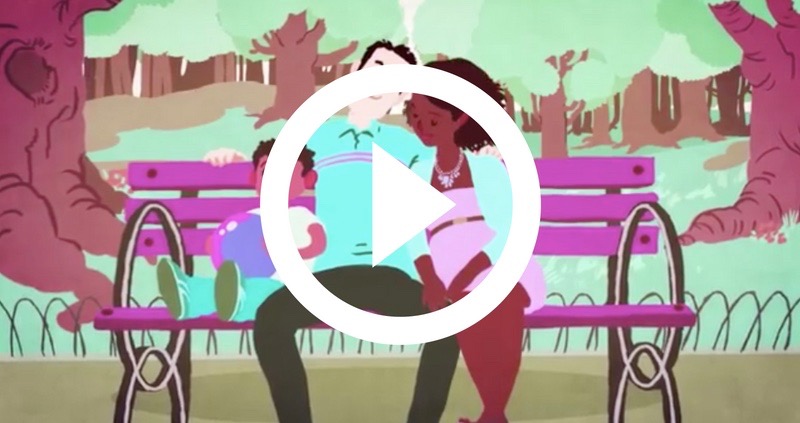
Contributed by Myrna Lapres at coachmyrna.org
Struggle is an Important Part of Growth
A man spotted a chrysalis on a milkweed plant in his garden. After a few days, a small opening appeared. He sat and watched the butterfly for several hours as it struggled to force its body through that little hole. Then, it seemed to stop making any progress. The man decided to help the butterfly; he took a pair of scissors and snipped off the remaining bit of the chrysalis. The butterfly emerged easily. But it had a swollen body and small, shriveled wings.
The man continued to watch the butterfly because he expected that, at any moment, the wings would enlarge and expand to be able to support the body, which would contract in time. Neither happened! In fact, the butterfly spent the rest of its short life crawling around with a swollen body and shriveled wings. It never was able to fly. What the man in his kindness and haste did not understand was that the restricting chrysalis and the struggle required for the butterfly to get through the tiny opening were God’s way of forcing fluid from the body of the butterfly into its wings so that it would be ready for flight once it achieved its freedom from the chrysalis.
Sometimes struggles are exactly what we need in our life. If God allowed us to go through our life without any obstacles, it would cripple us. We would not be as strong as what we could have been. We could never fly. Just like the butterfly, our children need struggles/ challenges to strengthen them. Without any obstacles, they won’t discover their strengths/abilities and may even be crippled.
As much as we realize as parents the importance of allowing our children to work through challenges, this is one of the most difficult things to do—standing by as our child or even young adult struggles without stepping in to help. Without thinking about it, we spend a lot of energy every day controlling (or trying to control) our children—telling them what to eat, how quickly to get dressed, how to comb their hair, what friends they should have, how to chew their food, how to sit properly at the table, what they should do in their spare time, what they should study in school, what career they should have, how to raise their own children and so much more!
When we control our children’s choices too much, we do prevent some of their mistakes, but the consequences are serious. By controlling them, we can cause them to become dependent, weak, unloved, unhappy, angry and rebellious. So, what can we do? Children gain experience, wisdom and strength by making their own choices, struggling through their decisions and learning to live with the consequences—both the good and the poor ones.
We can share control with our children by giving lots of choices, even from a young age. “Would you like juice or milk for lunch?” “Will you wear your red or your blue shirt today?” “Shall we leave the park now or in 15 minutes?” “Will you do your homework before or after playing outside?” With older children, asking questions can help them think through a problem without telling them what to do. If a child is particularly frustrated, we might say, “Would you like some ideas that other people have tried?” And it is always supportive to communicate that as the parent, “I believe in you—I know that you can figure this out. Let me know if you get stuck.”






